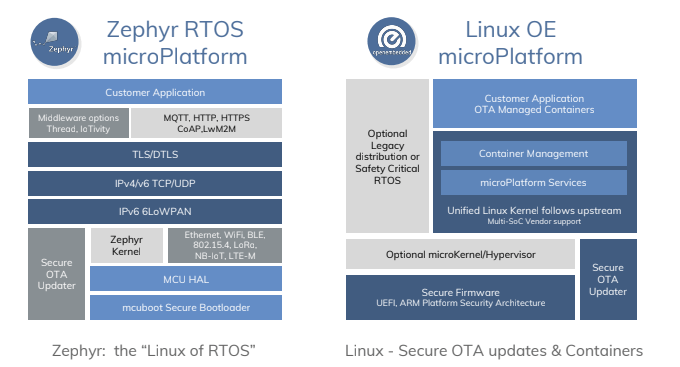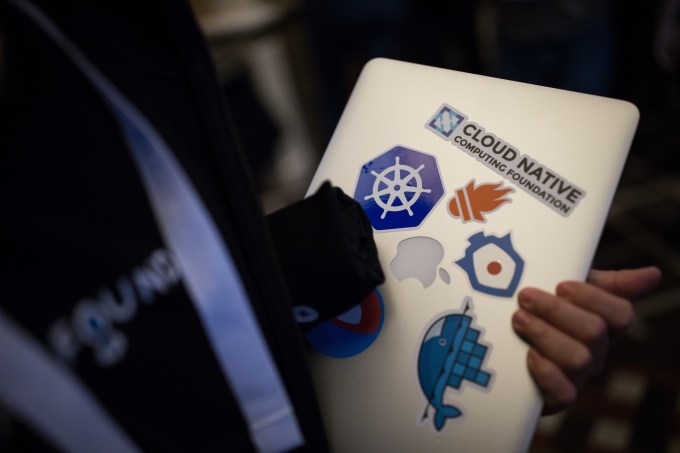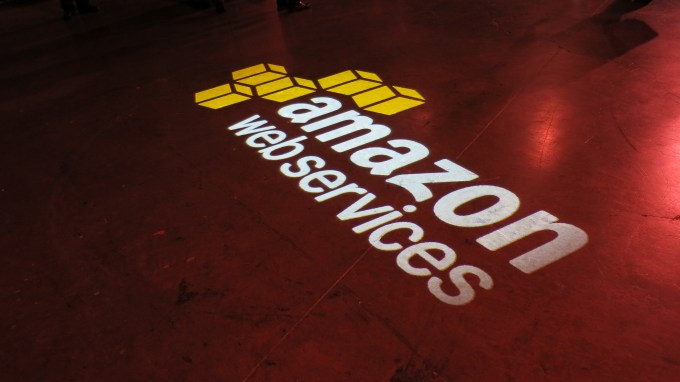Each of the big cloud platforms has its own methodology for passing on security information to logging and security platforms, leaving it to the vendors to find proprietary ways to translate that into a format that works for their tool. The Cloud Security Notification Framework (CSNF), a new working group that includes Microsoft, Google and IBM is trying to create a new open and standard way of delivering this information.
Nick Lippis, who is co-founder and co-chairman of ONUG, an open enterprise cloud community, which is the primary driver of CSNF, says that what they’ve created is part standard and part open source. “What we’ve been really focusing on is how do we automate governance on the cloud. And so security was the place that was ripe for that where we can actually provide some value right away for the community,” he said.
While they’ve pulled in some of the big cloud vendors, they’ve also got large companies who consume cloud services like FedEx, Pfizer and Goldman Sachs. Conspicuously missing from the group is AWS, the biggest player in the cloud infrastructure market by far. But Lippis says that he hopes, as the project matures, other companies including AWS will join.
“There’s lots of security programs and industry programs that get out there and that people are asking them to join, and so some companies want to wait to see how well this pans out [before making a commitment to it],” Lippis said. His hope is, that over time, Amazon will come around and join the group, but in the meantime they are working to get to the point where everyone in the community will feel good about what they’re doing.
The idea is to start with security alerts and find a way to build a common format to give companies the same kind of system they have in the data center to track security alerts in the cloud. The way they hope to do that is with this open dialogue between the cloud vendors and the companies involved with the group.
“So the structure of that is that there’s a steering committee that is chaired by CISOs from these large cloud consumer brands, and also the cloud providers, and they provide voting and direction. And then there’s the working group where all the work is done. The beauty of what we do is that we have now consumers and also providers working together and collaborating,” he said.
Don Duet, a member of ONUG, who is CEO and co-founder of Concourse Labs, has been involved in the formation of the CSNF. He says to keep the project focused they are looking at this as a data management problem and they are establishing a common vocabulary for everyone to work within the group.
“How do you build a consensus on what are the types of terms that everybody can agree on and then you build the underlying basis so that the experts in your resource providers in this case, Cloud Service Providers, can bless how their data [connects] to those common standards,” Duet explained.
He says that particular problem is more of an organizational problem than a technical one, getting the various stakeholders together and just building consensus around this. At this point, they have that process in place and the next step is proving it by having the various companies involved in this test it out in the coming months.
After they get past the testing phase, in October they plan to actually demonstrate what this looks like in a before and after scenario, with the new framework and without it. As the group works toward these goals, the hope is that eventually the framework will become more established and other companies and vendors will come on board and make this a more standard way of sharing security alerts. If all goes well, they hope to build in other security information into this framework over time.

 The Cloud Native Computing Foundation (CNCF) announced today that 36 members have agreed to a set of certification standards for Kubernetes, the immensely popular open source container orchestration tool. This should make it easy for users to move from one version to another without worry, while ensuring that containers under Kubernetes management will behave in a predictable way. The group of…
The Cloud Native Computing Foundation (CNCF) announced today that 36 members have agreed to a set of certification standards for Kubernetes, the immensely popular open source container orchestration tool. This should make it easy for users to move from one version to another without worry, while ensuring that containers under Kubernetes management will behave in a predictable way. The group of…  Like a train gaining speed as it leaves the station, the Cloud Native Computing Foundation is quickly gathering momentum, attracting some of the biggest names in tech. In the last month and a half alone AWS, Oracle, Microsoft, VMware and Pivotal have all joined. It’s not every day you see this group of companies agree on anything, but as Kubernetes has developed into an essential…
Like a train gaining speed as it leaves the station, the Cloud Native Computing Foundation is quickly gathering momentum, attracting some of the biggest names in tech. In the last month and a half alone AWS, Oracle, Microsoft, VMware and Pivotal have all joined. It’s not every day you see this group of companies agree on anything, but as Kubernetes has developed into an essential…  When AWS today became a full-fledged member of the container standards body, the Cloud Native Computing Foundation, it represented a significant milestone. By joining Google, IBM, Microsoft, Red Hat and just about every company that matters in the space, AWS has acknowledged that when it comes to container management, standards matter.
When AWS today became a full-fledged member of the container standards body, the Cloud Native Computing Foundation, it represented a significant milestone. By joining Google, IBM, Microsoft, Red Hat and just about every company that matters in the space, AWS has acknowledged that when it comes to container management, standards matter.  One thing was clear to me this week as I wandered the halls of the Hilton at Torrey Pines for the Cloud Identity Summit, and it had nothing to do with the famous golf course or the trees for which it’s named. Whatever the subject, enterprise scale brings with it complexity, and one of the ways to counteract that complexity is developing standards. In fact, a persistent theme across…
One thing was clear to me this week as I wandered the halls of the Hilton at Torrey Pines for the Cloud Identity Summit, and it had nothing to do with the famous golf course or the trees for which it’s named. Whatever the subject, enterprise scale brings with it complexity, and one of the ways to counteract that complexity is developing standards. In fact, a persistent theme across…